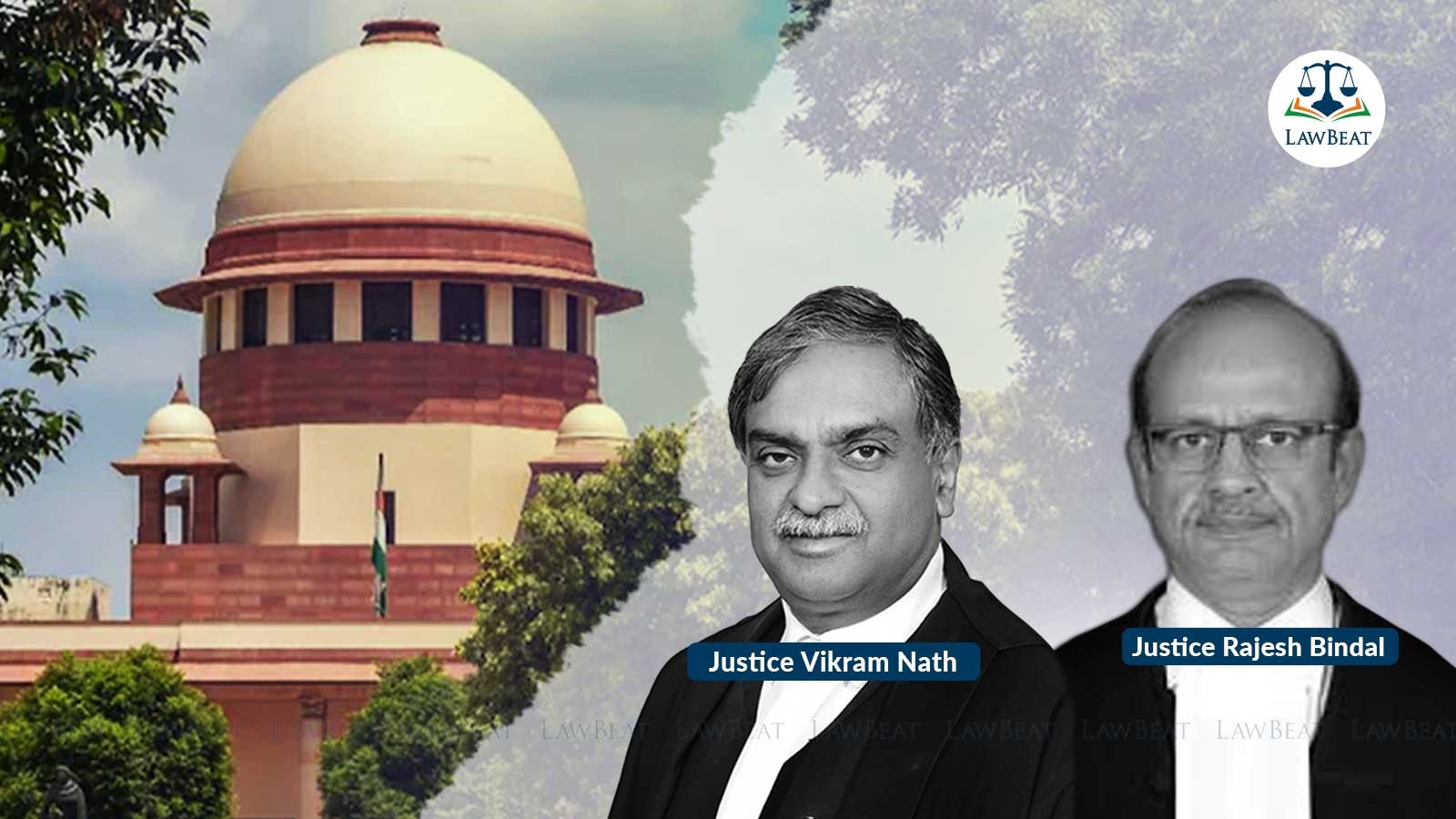'Fair trial doesn't mean fair to one party,' Supreme Court allows production of S. 65B certificate on seized devices in 2008 Bangalore blasts case

The exercise of power under Sec 311 CrPC is required to uphold the truth, as no prejudice as such is going to be caused to the accused, supreme court has said
The Supreme Court has said fair trial in a criminal case does not mean that it should be fair to one of the parties, rather, the object is that no guilty should go scot-free and no innocent should be punished.
A bench of Justices Vikram Nath and Rajesh Bindal made the observation while allowing an appeal by the Karnataka government against the High Court and the trial court's orders rejecting its plea to recall a witness to produce a certificate under Section 65B of Indian Evidence Act related to seized electronic devices in connection with 2008 Bangalore serial blasts case.
"A certificate under Section 65-B of the Act, which is sought to be produced by the prosecution is not an evidence which has been created now. It is meeting the requirement of law to prove a report on record. By permitting the prosecution to produce the certificate under Section 65B of the Act at this stage will not result in any irreversible prejudice to the accused. The accused will have full opportunity to rebut the evidence led by the prosecution," the bench said.
Highlighting the purpose of Section 311 of the CrPC, the bench said the object of the Code is to arrive at the truth.
"However, the power under Section 311 of the CrPC can be exercised to subserve the cause of justice and public interest. In the case in hand, this exercise of power is required to uphold the truth, as no prejudice as such is going to be caused to the accused," it added.
In the case, the Trial Court by order of April 07, 2017 said that the CFSL Report of November 29, 2010 with reference to the electronic devices was inadmissible in evidence in the absence of a certificate under Section 65-B of the Act.
During the investigation, certain electronic devices such as one Laptop, one external Hard Disc, three Pen Drives, five floppies, 13 CDs, six SIM cards, three mobile phones, one memory card and two digital cameras etc were seized at the instance of accused no 3 i.e., Sarafaraz Nawaz alias Seju alias Hakeem.
The original electronic devices were submitted before the Trial Court along with the additional charge sheet on June 09, 2010.
Though, according to the prosecution, the original devices being already on record (as a primary evidence), there was no requirement of a certificate under Section 65-B of the Act. Still, as a matter of abundant caution, a certificate under Section 65-B of the Act was obtained and when M Krishna, Assistant Government Examiner, Computer Forensic Division, CFSL, a prosecution witness was further examined in chief on April 27, 2017, a certificate under Section 65-B of the Act was sought to be produced. Objection was raised by the counsel for the accused.
The Trial Court opined that the certificate issued under Section 65-B of the Act was not admissible in evidence.
"What was sought to be produced by the prosecution was not something, which was created later on. Rather it was merely a certificate under Section 65B of the Act. The primary evidence in the form of electronic devices was already on record along with the report from CFSL. It is only because the accused raised an objection to the production of that report and not to take any chances, the prosecution filed an application under Section 311 CrPC to resummon M Krishna and produce the certificate under Section 65-B of the Act in evidence," Additional Advocate General Aman Panwar submitted.
Advocate Balaji Srinivasan, for the accused, submitted that there was no error in the orders passed by the courts. The prosecution cannot be allowed to fill up the lacuna in the evidence by filing an application under Section 311 of the CrPC. The certificate was sought to be produced after a delay of six years. Hence, it was rightly not permitted to be produced on record. Great prejudice shall be caused to the respondents now if it is permitted and they will be deprived of their right of fair trial, he said.
The bench, however, said, "The courts below had gone on a wrong premise to opine that there was delay of six years in producing the certificate whereas there was none. The matter was still pending when the application to resummon M Krishna (PW-189) and produce the certificate under Section 65-B of the Act was filed under Section 311 of the CrPC".
The court allowed the application under Section 311 rejecting the contention that there was a delay of six years in producing the certificate.
Case Title: STATE OF KARNATAKA vs. T. NASEER @ NASIR @ THANDIANTAVIDA NASEER @ UMARHAZI @ HAZI & ORS.
